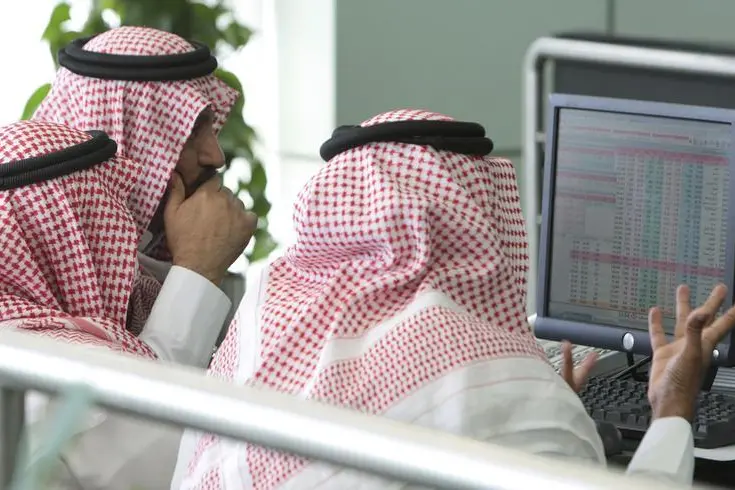PHOTO
By Samia Errazzouki
RABAT, April 18 (Reuters) - Saudi Arabia is likely to resume domestic government debt issues within a couple of months, Finance Minister Mohammed al-Jadaan told Reuters on Tuesday, after it suspended issuance to reduce pressure on the local banking system.
The government halted monthly sales of local-currency conventional bonds in October, partly to curb upward pressure on market interest rates as money-market liquidity tightened. Liquidity has now improved and the three-month interbank rate has come down by nearly 70 basis points.
"We are likely to issue locally, and will most likely issue it in the next month or two. But it will essentially depend on the market and our needs," Jadaan said on the sidelines of a meeting of Arab finance officials in Morocco.
Jadaan did not say whether the new domestic debt issues would be in the form of conventional or Islamic bonds; the government has been preparing to start issuing riyal-denominated sukuk, bankers say.
Last week, the government raised $9 billion with its first international issue of sukuk. Officials said last year that they planned to borrow a total $10 billion to $15 billion internationally in 2017, but Jadaan said on Tuesday those figures might be exceeded.
"We have until the end of the year, but it's not going to necessarily be $15 billion, it could be more. We will tap the international market as long as there is a window and the appetite.
"As you can see, we aimed for $5 billion this time but because demand was so huge, we ended up increasing to $9 billion," Jadaan said of last week's sukuk issue. "So we will target $15 billion, but we could go more, or we may go less depending on the market."
In principle, he said, Riyadh aimed to cover its state budget deficit - officially estimated at 198 billion riyals ($52.8 billion) this year - with bond issues rather than by drawing down its financial reserves.
"We will only tap the reserves if we need to, otherwise we will tap the markets."
Jadaan said a committee headed by the central bank was looking at how the government could encourage saving in the economy. For example, sovereign sukuk issues would be made in small denominations so members of the public could subscribe.
DEBT MANAGEMENT OFFICE
The government set up a Debt Management Office last year as it began to borrow abroad in response to low oil prices. HSBC banker Fahad al-Saif initially headed the office. He was replaced in February on an acting basis by a senior central bank official, Ayman al-Sayari.
Jadaan said the team at the DMO was performing well and authorities had no current plans to change it, though they might look at the end of this year to appoint a permanent DMO chief.
"We are increasing the DMO's resources by having more experts on investor relations, by having more resources in relation to the management of the strategic side of the DMO.
"And we are likely by the end of the year to be reaching the level where we have a reasonably good-staffed DMO. It's a new institution and our goal is to have a top-notch DMO at an international level."
Government sources told Reuters this week that Riyadh was ordering ministries and agencies to review billions of dollars' worth of unfinished infrastructure and economic development projects with a view to shelving or restructuring them .
Asked to comment, Jadaan said all projects in the 2017 budget were proceeding.
"Then there is another pocket of projects that are going to be targeted to the private sector through either PPP (public-private partnership) programmes or total privatisation.
"These will include sports, such as stadiums and other sport facilities, some of the education sector projects such as schools, mainly public schools. There are discussions about including another 14 sectors, including health, electricity, water desalination." (Writing by Andrew Torchia, editing by Larry King)
© Reuters News 2017





















